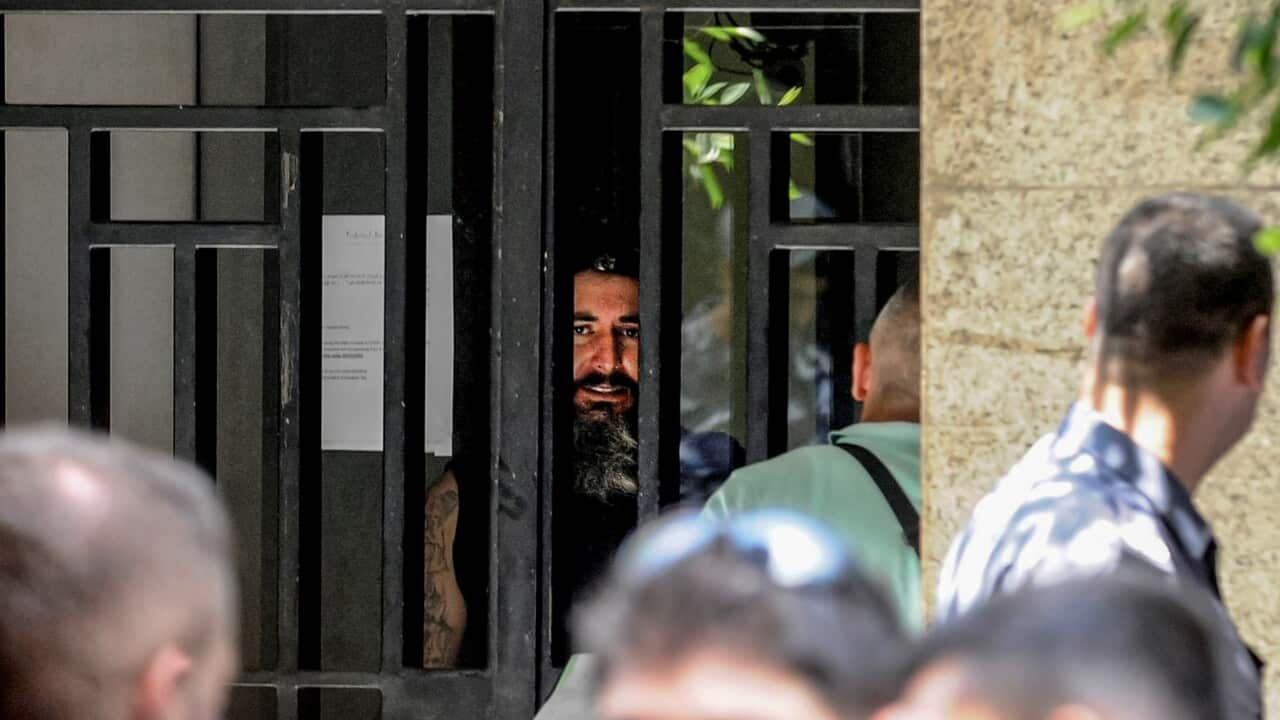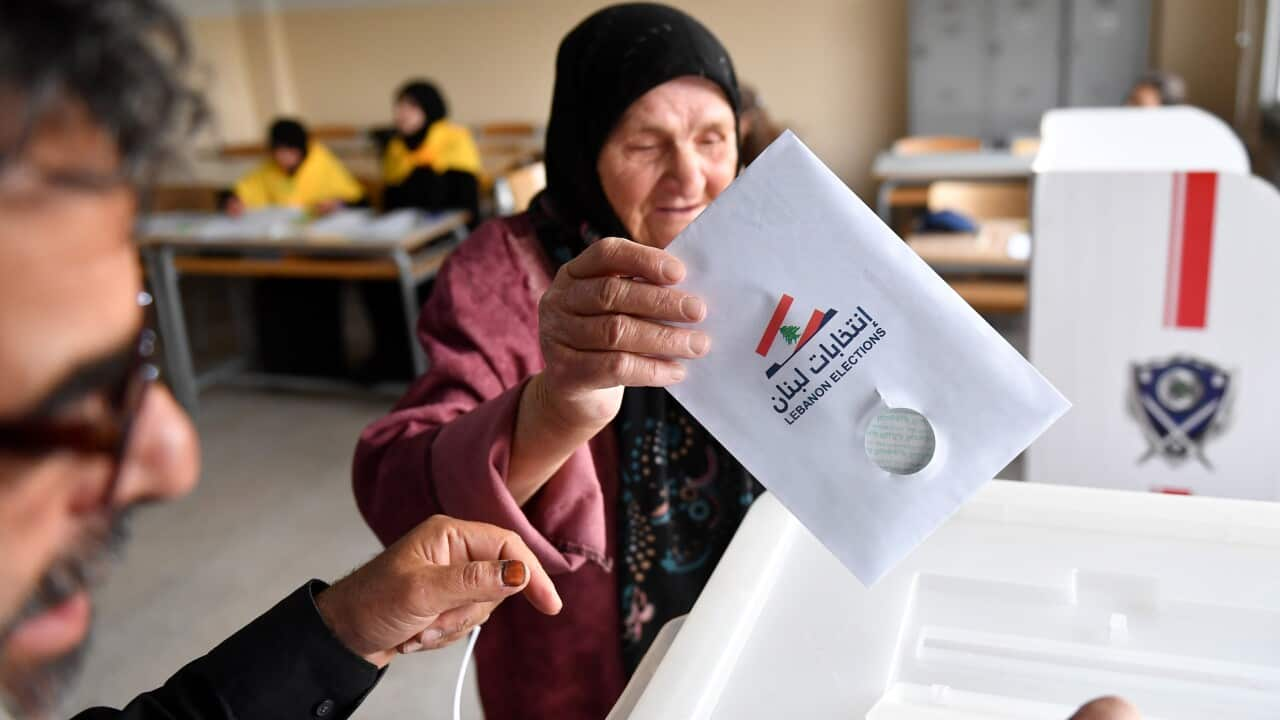Key Points
- Bassam al-Sheikh Hussein had demanded access to funds in his frozen bank account to pay for his father's medical bills
- entered the Federal Bank of Lebanon branch in the Hamra neighbourhood of west Beirut with a firearm
A hostage situation in a Beirut, Lebanon, bank ended on Thursday after authorities agreed to grant a Lebanese gunman partial access to his frozen funds in exchange for releasing all six hostages.
Bassam al-Sheikh Hussein, 42, entered the Federal Bank of Lebanon branch in the Hamra neighbourhood of west Beirut with a firearm just before noon on Thursday, a security source told Reuters.
"He demanded access to around $249,000 he had in his bank account. When the employee refused the request, he began screaming that his relatives were in the hospital. Then he pulled out the gun," the source said.
The hostage situation ended after six hours when the bank agreed to give the man around $30,000, his sister and the head of a local banking association told local media. It was not immediately clear if the terms of the settlement included any criminal charges.
Some bank customers managed to flee before he shut the doors on the rest, said the source.
At least one elderly man was released from the bank because of his age, and government negotiators were deployed to begin talks with the hostage taker, the interior ministry said.
"Employees taken hostage have also begun to leave the bank," Lebanon's National News Agency (NNA) said.
The remaining six hostages comprised one customer and five bank employees, including bank manager Hassan Halawi, who spoke to reporters by phone within the branch.
"I'm in my office. He (the hostage taker) gets agitated, then calms down, then gets agitated again," Mr Halawi said by phone before he was released.
Lebanese media station Al-Jadeed said at least two shots had been fired. The Lebanese Red Cross said they had deployed an ambulance to the scene.
Earlier, the NNA said, Mr Bassam had "threatened to set himself on fire and to kill everyone in the branch, pointing his weapon in the bank manager's face."
He said he stormed the bank because his father "was admitted to hospital some time ago for an operation and could not pay for it", NNA reported.
His brother Atef al-Sheikh Hussein told journalists: "My brother has $210,000 in the bank and wants to get just $5,500 to pay hospital bills."
He said his brother had grabbed the weapon "from the bank and did not bring it with him".

A screen grab taken from a video shows Bassam al-Sheikh Hussein gesturing at employees of a local Bank in Beirut after he stormed the branch and held some people hostage. Source: Getty / picture alliance/dpa/picture alliance via Getty I
Bystanders hailed Bassam as a hero. "Bassam you are a hero!" cheering bystanders chanted outside the bank.
Economic crisis
The incident was the latest involving local banks and angry depositors unable to access savings that have been locked in Lebanese banks since the country's economic crisis began in 2019.
Lebanon has been mired in an economic crisis for more than two years since the market value of the local currency began to plummet and banks started to enforce draconian restrictions on foreign and local currency withdrawals.
Lenders have also prevented transfers of money abroad.
"Similar incidents keep happening. We need a radical solution," George al-Hajj, who heads Lebanon's bank employees' union, said.
"Depositors want their money, and unfortunately, their anger explodes in the face of bank employees because they cannot reach the management."
The local currency has lost more than 90 per cent of its value since the onset of the crisis. Inflation is rampant, electricity is scarce, and, according to the United Nations, around 80 per cent of Lebanese live in poverty.
Many Lebanese blame the country's political elite, wealthy and aged figures entrenched for decades. They cite corruption and also blame the banking sector for the country's economic collapse.
International donors say aid to the bankrupt country is conditional on reforms, which politicians have so far resisted.
"A depositor is not taking people, hostage. It's bank owners and their friends in the ruling militias who are taking an entire people hostage," economist Jad Chaaban said on his Facebook page.




